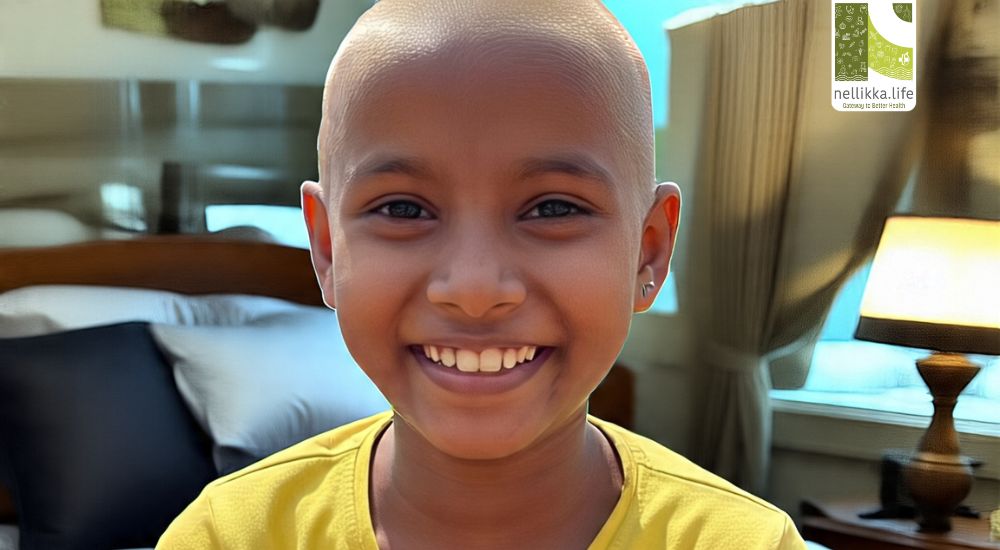Childhood Cancer and Genetic Links


Misinformation in the world of medicine is a global issue — and unfortunately, our communities are not exempt. One particularly sensitive area is how genetics and heredity are often misunderstood in the context of childhood cancer. Well-meaning but misinformed individuals may make claims that not only lack scientific accuracy but also add unnecessary distress to families already facing difficult times.
In this article, Dr. Raghu K S, Pediatric Oncologist at Tata Medical Institute, Kolkata, addresses a critical question many parents ask when their child is diagnosed with cancer:
“Is this because of something we passed on?”
Let’s explore the truth about genetics, heredity, and childhood cancer.
Is All Genetic Cancer Hereditary?
There is a common misconception that if cancer is genetic, it must be inherited — passed down from parent to child. But this is not always the case.
It is entirely possible for genetic mutations to occur during a person’s lifetime, without any family history. These are called acquired mutations, and they are responsible for the vast majority of childhood cancer cases.
So, when a parent asks, “No one in our family has cancer. How did my child get it?” — the answer often lies in the nature of these non-inherited, random mutations.
Understanding Genetic vs. Hereditary Cancer
While all cancers involve genetic mutations, not all are hereditary. Let’s break this down:
- Genetic cancer simply means that changes have occurred in the genes of a cell, leading to uncontrolled growth.
- Hereditary cancer means those genetic changes were passed down from parent to child.
Most childhood cancers arise due to spontaneous genetic mutations that happen early in a child’s development, even during fetal growth. These are not the result of inherited faulty genes.
Only about 5–10% of childhood cancers are truly hereditary — caused by inherited genetic mutations.
Why the Confusion Matters
When a child is diagnosed with cancer, parents often experience guilt, fear, and self-blame — especially when misinformed voices suggest hereditary causes without scientific backing. This emotional burden is unnecessary in most cases.
It’s important to understand that:
- Even if cancer runs in the family, it doesn’t guarantee the child has inherited a cancer gene.
- Even with a hereditary predisposition, lifestyle and environment play critical roles.
- In the vast majority of childhood cancers, no clear hereditary link exists.
How Do We Identify Hereditary Cancer?
Doctors may recommend genetic testing if:
- There is a strong family history of specific cancers
- The child shows unusual patterns or very early onset
- There are multiple cancer types in the family
These tests help identify if the child has a known hereditary mutation — such as those found in Li-Fraumeni Syndrome, Retinoblastoma, or Neurofibromatosis.
Even then, only a small fraction of children fall into this category.
- Cancer is a genetic disease, but that doesn’t always mean it is inherited.
- Most childhood cancers are caused by random mutations, not passed from parents.
- Families should not assume blame — instead, they should seek expert guidance, genetic counseling, and support.
- Awareness can replace fear with clarity and compassion.
Stay Informed with Nellikka.life
At Nellikka.life, we bring clarity where confusion exists. Our platform features expert-driven blogs, videos, and updates from top pediatric specialists — helping parents and caregivers make informed, confident decisions.





